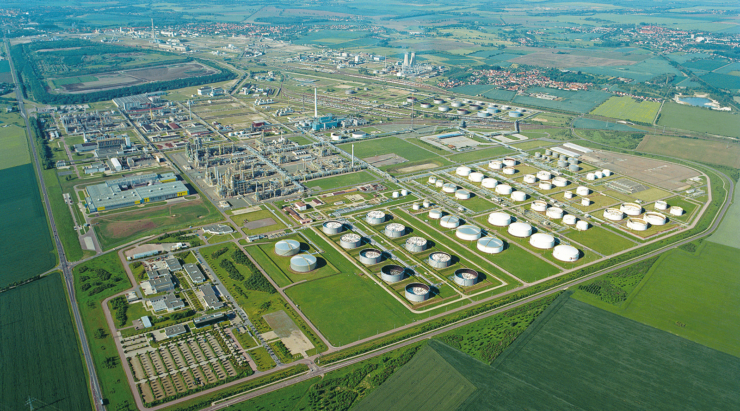The push for a green hydrogen market in Germany is largely reliant on public funding, according to energy utility E.ON, which highlighted that only 9% of the country’s 2030 target for electrolysis capacity is currently under construction or has received investment decisions. Despite this, government-backed schemes have been the primary factor accelerating progress. E.ON’s research with the EWI energy institute reveals that high electricity costs and unclear regulations are hindering private investment, making hydrogen production seem unaffordable. Germany aims to develop its own green hydrogen capacity to decarbonize industries, but without better regulatory clarity and cost control, it risks losing its competitive edge to nations like the U.S. and China. The country has set ambitious hydrogen demand goals, with up to 70% expected to be imported by 2030.
Trending
- China Steps Up to Lead Global Green Governance
- Deepening Azerbaijan-China Relations: From Political-Economic Cooperation to Cultural Collaboration
- Azerbaijan President’s State Visit to China: A Milestone in Strengthening the Silk Road Vision
- BRISD and CIIC Sign MOU to Strengthen Cooperation Among Belt and Road Countries
- Cracks Within and Resolve Beyond – Trump’s Tariff Policy in Collapse
- The Hidden Bomb in U.S. Treasury: How Basis Trades Could Unleash Chaos
- A Journey to Gansu: Bridging East and West with the Spirit of the Silk Road
- Tariffs Backfire: Why the U.S. Trade War Hurts Everyone



